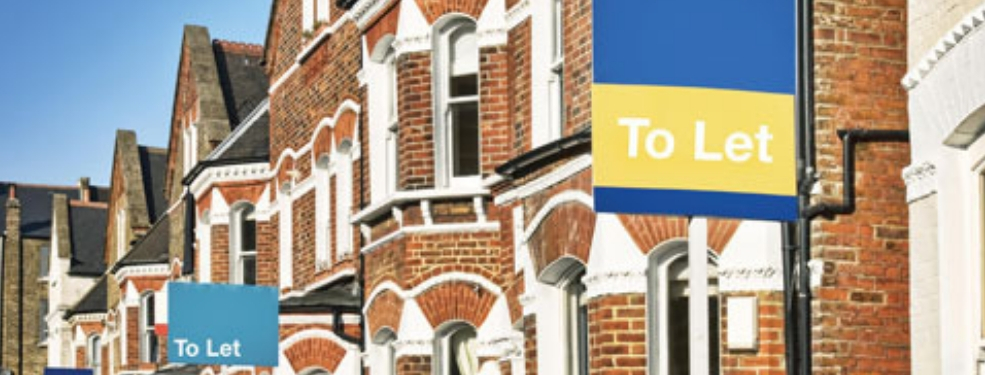Moving into a rented property can be a daunting challenge especially when you’re unsure of your tenancy rights. Imagine this … winter has arrived, but your new home is too cold. What responsibility does your landlord have to ensure your new home is toasty warm? Solicitors, H McPartland & Sons team of experienced and highly skilled solicitors provide information and a general guide on what you need to know about landlord and tenancy agreements.
When you’re a landlord or tenant, you should know your legal rights and obligations. The law protects tenants and landlords. The landlord and tenants need to be clear about who is responsible for carrying out repairs. The tenancy agreement should clearly state which repairs each are responsible for. If it doesn’t, the default repairing obligations laid out in the Private Tenancies Order will apply.
Landlord’s responsibilities
Landlords are responsible for property maintenance and major repairs in rented accommodation. This includes repairs to the structure and exterior, to heating and hot water systems, basins, sinks, baths and other sanitary ware. In other words, the landlord is responsible for ensuring any property they let to tenants meets the fitness standard.
The landlord has responsibility for:
- providing adequate heating, ideally a controllable central heating system and insulation, with equipment and the fabric of the building in good repair
- the safety of electricity and gas supplies, and ensuring the sanitation (drains, basins, sinks, baths and WCs) are in working order
- no fall or trip hazards
- repairing and keeping water heating equipment in working order
- ensuring property is free from damp
- ensuring that the property is fit for habitation
Gas safety
The landlord is also responsible for gas and electrical safety. They have three main areas of responsibility.
Maintenance: pipework, appliances and flues must be maintained in a safe condition. Gas appliances should be serviced in accordance with the manufacturer’s instructions. If these are not available, it is recommended that they are serviced annually unless advised otherwise by a Gas Safe registered engineer.
Gas safety checks: an annual gas safety check must be carried out on every gas appliance/flue. A gas safety check will make sure gas fittings and appliances are safe to use.
Record: a record of the annual gas safety check must be provided to your tenant within 28 days of the check being completed or to new tenants before they move in. Landlords must keep copies of the gas safety record for two years.
Electrical safety
In rented accommodation, the electrical system and any electrical appliances must be safe to use. By law, the landlord is responsible for safety of:
- the electrical system
- cookers, kettles, toasters, washing machines, immersion heaters and any other electrical appliances supplied with the tenancy
Any new appliances provided by the landlord should be accompanied by instruction booklets.
If your home is too cold as a result of an inadequate or a faulty heating system (a system provided by your landlord) the landlord has responsibility to ensure it is working effectively and efficiently. A major complaint of many tenants is that landlords take too long to carry out repairs. Repairs must be carried out within a reasonable time frame. There is no definition of what legally constitutes a “reasonable” time frame, but common sense should prevail here. If the repair is a matter of security or is likely to seriously impact on the tenants’ health (ill – health due to lack of heat), it should be considered an absolute priority. Once a tenant has reported a fault, the landlord must keep the tenants informed of progress in dealing with the issue.
Don’t get caught out in the cold this winter. Know your rights as a tenant. Contact H McPartland & Sons today in Lurgan or Lisburn to have a chat with a member of our team and find out how we can help you understand the legal agreements between landlords and tenants.

